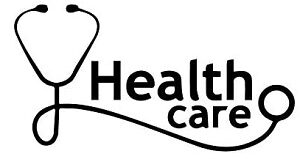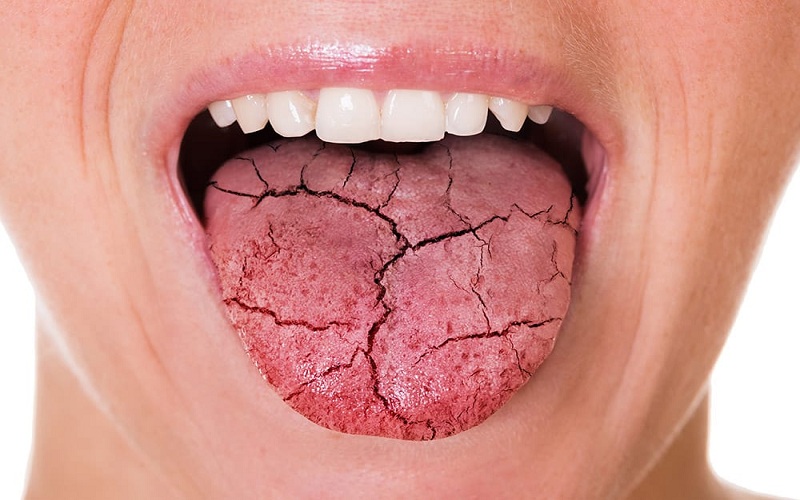Dry mouth. It’s unpleasant, uncomfortable, and can disrupt your day. But don’t worry, there’s a way to manage it. Mark Sutton DDS, a general dentist, has some solid advice on tackling this issue. We’ll explore his insights, give you practical steps, and empower you to take control of your oral health. Let’s dive in.
Understand the Causes
First, understand what’s behind your dry mouth. It isn’t a disease, but a symptom. You might find it tied to aging, medication use, or certain health conditions. According to the National Institute of Dental and Craniofacial Research, over 400 types of medications can cause dry mouth. These include drugs for depression, anxiety, pain, allergies, and colds.
Know the Risks
Dry mouth isn’t just uncomfortable, it has health risks too. It can lead to sore throat, problems with speaking, and difficulty swallowing. More seriously, dry mouth increases your risk of tooth decay and gum disease.
Take Action
Thankfully, there are simple ways to improve your situation. Here are three steps a dentist recommends:
- Stay hydrated: Drink plenty of water, avoid caffeine and alcohol and use a humidifier at night.
- Chew sugar-free gum: This stimulates saliva production, keeping your mouth moist.
- Consult your doctor: If your dry mouth is due to medication, discuss alternatives with your healthcare provider.
Products to Help
There are also some products on the market designed to help with dry mouth. Let’s take a look at three popular options:
| PRODUCT | DESCRIPTION | PRICE |
| Biotene Dry Mouth Oral Rinse | A mouth rinse that provides instant dry mouth relief and fresh breath. | $15 |
| XyliMelts for Dry Mouth | Slow-release discs that can be used while sleeping for overnight relief. | $20 |
| Oralbalance Dry Mouth Gel | A soothing gel that provides long-lasting relief. | $10 |
Final Thoughts
Dealing with dry mouth can be a challenge, but it’s not insurmountable. Knowledge is power, and by understanding the causes and solutions, you’re well on your way to managing this condition. Remember, it’s crucial to consult with a healthcare provider or a trusted dentist to find the best and safest solution for you.




